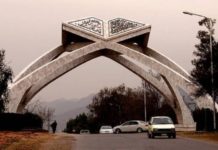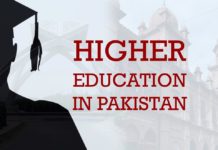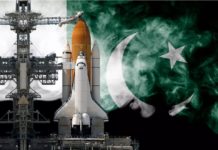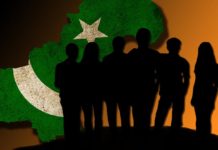The Eqbal Ahmad Centre for Public Education (EACPE) seeks to foster the use of science and reason to understand nature and society and so better enable all citizens of Pakistan to participate fully in the political, social, economic, and cultural life of their society; to exercise their democratic rights and responsibilities; to value human rights, democracy and the rule of law; to promote cultural and religious diversity; to raise awareness of global issues and the natural environment; and to advance the goals of international peace and justice.
EACPE is named to honour the life and work of distinguished Pakistani academic, activist, and public intellectual, Dr. Eqbal Ahmad.
“The EACPE record is very impressive, and hopeful — a rarity these days. About the webpage (design), I don’t have anything useful to say. Have little experience that’s relevant. To me personally, the range and choice of topics is appealing and impressive. I can’t think of any useful way to improve it.”
— Noam
(Received on 5th May, 2017. As a member of the EACPE board, Professor Noam Chomsky was asked to suggest how to improve our main page)









Unfortunately from the end part of Bhutto regime and the period of Zia’s rule, Pakistan has been pushed towards Saudi financed religious extremism and off course the religion based political parties like Jamat Islami took full advantage of this. Declaring Ahmedis as non-Muslims and introducing religion in school text books to brain wash children was their goal and they succeeded in their goal. THANK YOU DR. NAYYAR, for your eye opening lecture.
this menace has persisted even after bhotto and zia. Mere change of faces does not make any change in policies.the so called politicians have no time or sense for these issue. Dictators have their own agenda.they never bother about it. the real culprit is bureaucracy which impliments foreign plans to make money and securing their children abroad.
I was teaching in a mixed culture school in Abu Dhabi for 25years. Teachers were all British and so was the principal. I was the only Pakistani.
Arabic was compulsory . Islam was optional. There was a smattering of non Muslim students. The parents of these children had no problem if their child had additional information of another religion, as it would only add to the child’s knowledge without taking away from it, his own beliefs.
But not to give the child an option to decide, is not fair and bordering on fanaticism.
It would have been better if the author had told where it’s all happening in Pakistan. I may be wrong but it seems as if the sole purpose of this ‘awareness’ is to criticize the religious education being imparted in our institutions.